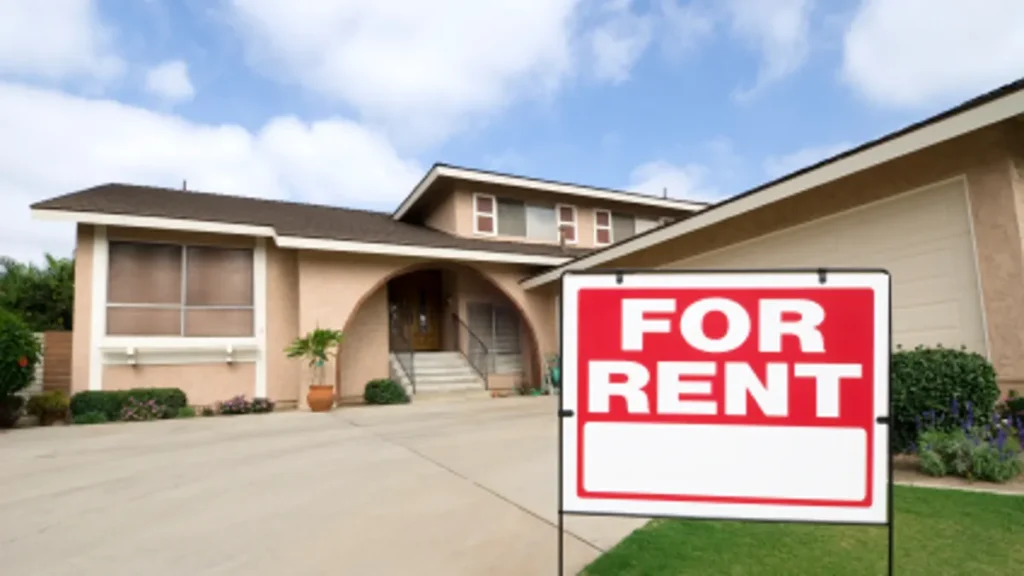Renting out your property can be a rewarding way to generate passive income while maximising the value of your real estate investment. However, the process requires careful planning and execution to ensure a smooth experience for both landlords and tenants. Here’s a comprehensive guide to help you rent out your property effectively.

1. Prepare Your Property
Before listing your property, make it tenant-ready. Conduct necessary repairs, repaint walls, and ensure all appliances and fixtures are in working order. A clean, well-maintained property attracts more potential tenants and allows you to justify a higher rental price.
2. Set the Right Rent Price
Research the local rental market to determine a competitive yet profitable rental rate. Consider factors such as location, property size, amenities, and proximity to schools, workplaces, and public transport. Pricing your property appropriately helps attract serious enquiries.
3. Market Your Property
Effective marketing is essential to reach potential tenants. Utilize online platforms, social media, and local real estate agents to promote your property. High-quality photos and a detailed description highlighting the property’s features, nearby facilities, and utilities can make your listing stand out.
4. Screen Tenants Thoroughly
Tenant screening is crucial to avoid issues later. Verify the tenant’s background, employment status, and creditworthiness. References from previous landlords can provide insights into the tenant’s reliability and behavior.
5. Draft a Solid Rental Agreement
A comprehensive rental agreement protects both parties. Include details such as the rental amount, payment schedule, security deposit, lease duration, and rules for property usage. Have the agreement reviewed by a legal professional to ensure compliance with local laws.
6. Manage the Lease Period
Once tenants move in, maintain open communication to address their concerns. Schedule periodic inspections to ensure the property is being well maintained. If you cannot manage the property yourself, consider hiring a property manager for day-to-day operations.
7. Understand Legal Obligations
Familiarise yourself with local landlord-tenant laws to avoid legal disputes. These laws cover aspects like notice periods, eviction procedures, and rent control regulations.
8. Renew or End the Lease
As the lease term nears its end, decide whether to renew or terminate the agreement. If the tenants have maintained the property well and paid rent on time, offering a renewal with updated terms can save you the hassle of finding new tenants.
Renting your property can be a straightforward process if handled carefully. By preparing your property, setting the right rent, and maintaining good tenant relationships, you can ensure a profitable and stress-free rental experience.

